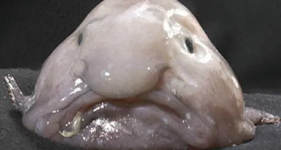Wifetheif
Experienced
- Joined
- Aug 18, 2012
- Posts
- 801
I try to edit my own stories. Sometimes I do a good jobs, sometimes I miss obvious howlers. I've also edit some novels for professional writers some of which have sold well I thought i was only so-so as an editor. The point is I put the effort in, especially with mty later stories. I thought I was at least middling to the task. THEN I READ Ernest Cline's best selling "Ready Player Two" it had a high profile "star" editor and was published by a major house. Cline has a sentence with the word "purple" repeated FIVE times! Another sentence uses "suddenly" THREE times. Cline uses "Suddenly and without warning" unironically. One of his sentences has this bridge "even though and even though" yes, he uses both past tense and present tense in the same sentence. Cline's text is full of preposition and passive voice overload. Why even edit the book if your are not even going to do basic blue penciling? In all seriousness, an A.I. editor would have turned out a tighter MS than the one Cline delivered. As I said, I've edited several books for other authors, some of which have sold well. Never have I encountered a MS as badly written as Cline's FINAL Result! I'm clearly a better editor than Cline's high paid superstar editor. Why do I need a professional editor when books as bad as "Ready Player Two" exist in the wild? rom interviews published online. Cline's editor sees his role more as a cheerleader for his writers than a task master. Fine! Then don't call yourself an "editor!" Seriously folks most of us are a lot better at this than we think!
